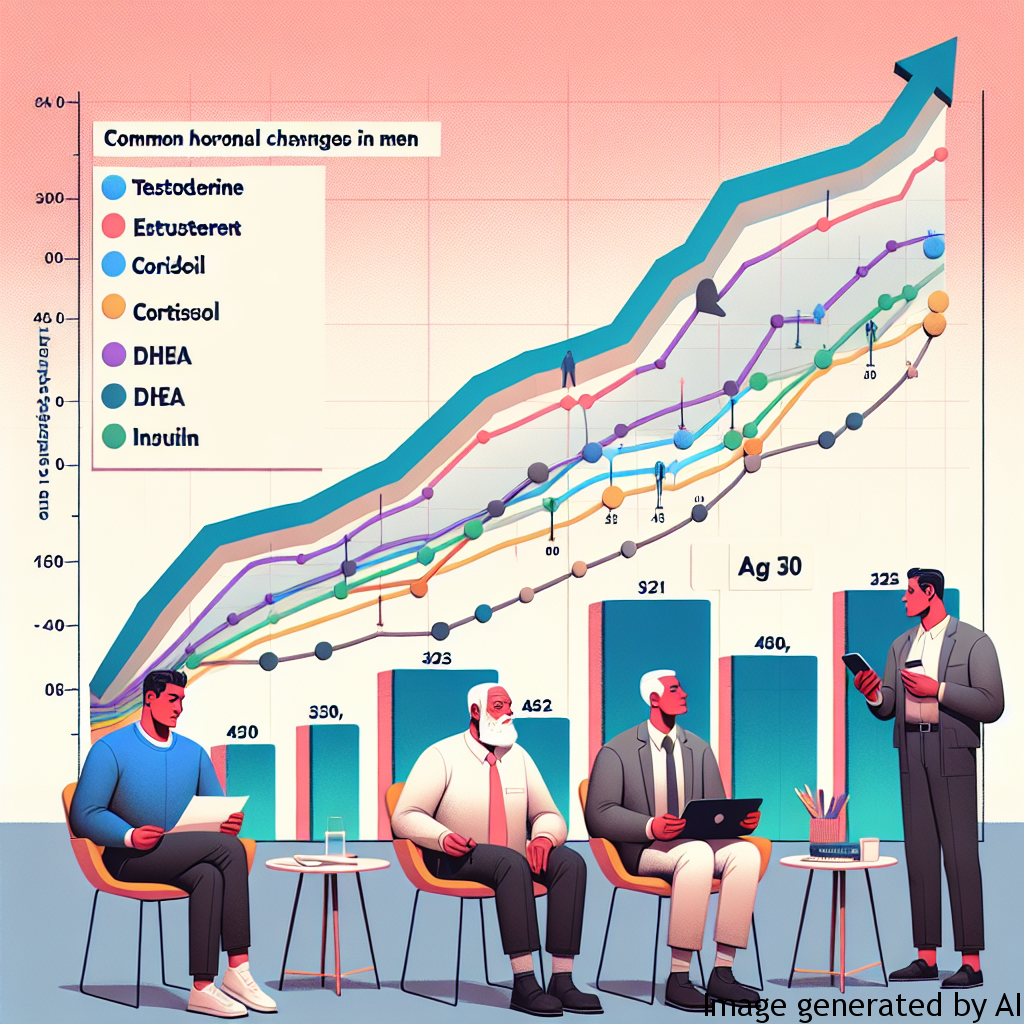Introduction
Men, like women experience hormonal changes as well, but unlike women – the change is not sudden, it’s gradual and often unnoticed. The male body sees a decline in testosterone levels at an average rate of 1% every year after the age of 30. These hormonal changes may lead to physiological and psychological changes in men. This article discusses how these changes affect men’s health.
Description of Gender Expectations and their Impact on Men’s Psychological Health
Societal norms and expectations often dictate how men should behave and respond to changes in their bodies. Society expects men to always be strong, healthy and active. Men are often hesitant to discuss health and hormonal changes, and this stoicism can negatively impact their psychological health.
The ‘Macho’ Image
Men often perceive strength as being equated to masculinity. This expectation keeps men from seeking medical attention when needed, which can exacerbate health concerns. The fear of losing their perceived masculinity indirectly impacts men’s psychological health.
Age and Vulnerability
After the age of 30, testosterone levels begin to decrease at a gradual pace, leading to a multitude of changes. Many men may see this natural process as a threat to their virility and vitality. Consequently, they may try to suppress their feelings leading to high-stress levels and potentially, depression.
Examples of how Gender Roles can Impact Men’s Life
Gender roles have a considerable influence on men’s lives and these can be undeniably significant as men age.
Men who conform strictly to masculine norms may avoid certain activities they perceive as ‘feminine’ such as discussing their emotions or seeking help which can lead to increased feelings of isolation. Moreover, clinging to masculine ideals could also keep men from pursuing a balanced diet and a regular fitness regimen out of fear of appearing too concerned about their appearance, which in the long run impacts their overall health.
Advice for Improving Psychological Health Regarding Gender Roles
Men’s psychological health can be improved by addressing gender stereotypes and encouraging healthier behaviors. Here are a few suggestions:
Open Conversations
Encourage open discussions about health and feelings. Conversations can help men feel more comfortable about the changes their bodies are undergoing and help reduce the perceived stigma around maintaining their health.
Encourage Self-Care
Encourage men to practice self-care. This includes regular exercise, a balanced diet, and allowing time for relaxation and leisure activities. This can go a long way in maintaining both physical and mental well-being.
Conclusion
Hormonal changes in men after the age of 30 can affect their physical and psychological health. This change, associated with a societal push to conform to gender roles, often leads to an increase in stress and even depression. By understanding and discussing these changes openly, encouraging healthy behaviors, and breaking free of traditional gender norms, men can lead healthier and more fulfilling lives.

